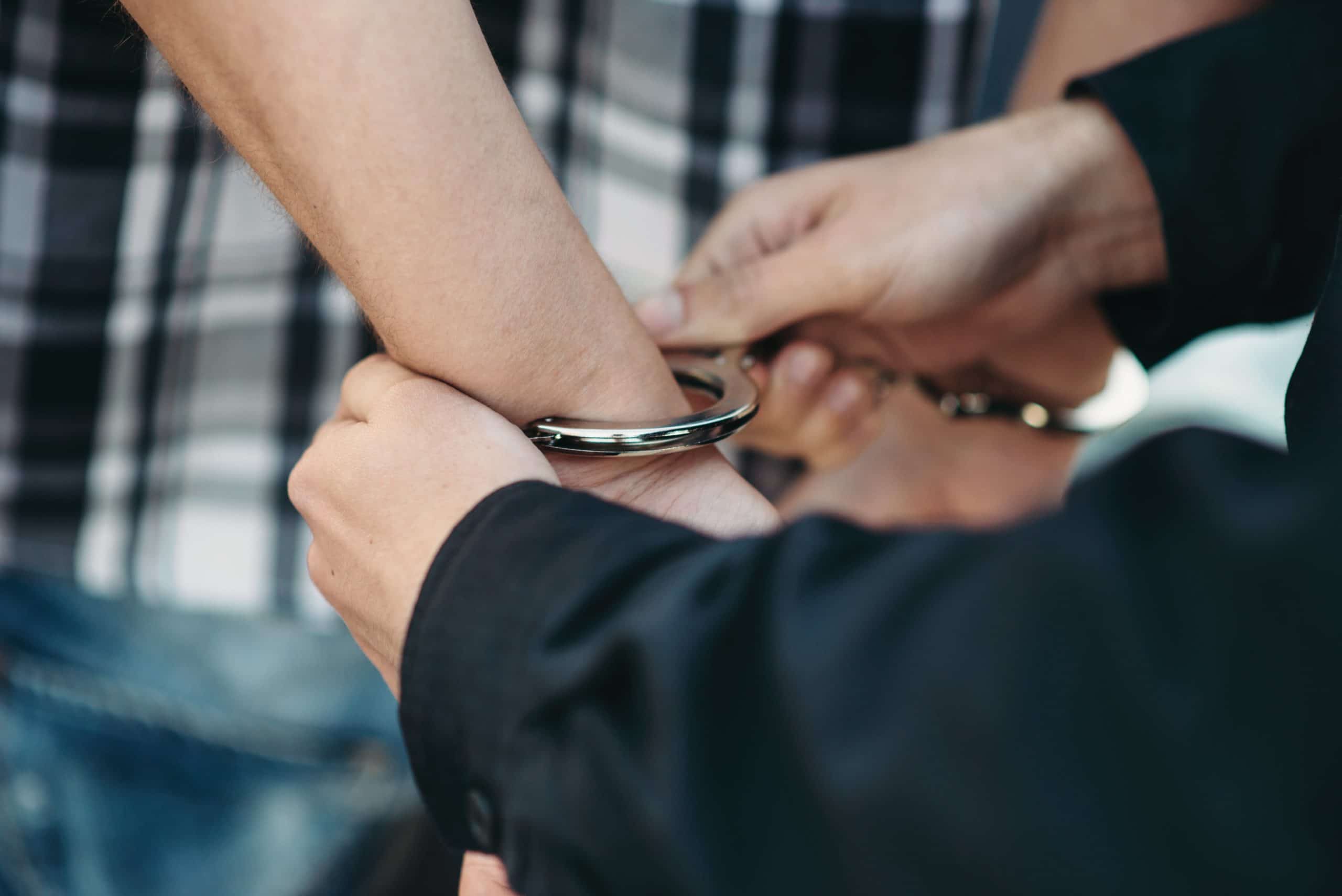If you’ve been convicted of a crime in Arizona, you may be eligible for probation instead of imprisonment. Arizona laws allow a convicted criminal to serve his or her sentence while remaining free of jail or prison. That being said, probation is a form of supervised release in the community. You can heave a sigh of relief if you have avoided a jail sentence due to probation and be comforted that the legal system sees probation as a right, not a privilege.
You must bear in mind that probation is not without its set of protocols. While on probation, you may be required to follow particular rules or meet specific conditions. These terms set rules of things to do or not to do and must be followed throughout the length of the probation sentence.
These rules normally include grave restrictions (and outright bans) on using controlled substances and alcohol.  Others are often required to render community service. While some are ordered to appear in court at specific times to give updates about their progress.
Others are often required to render community service. While some are ordered to appear in court at specific times to give updates about their progress.
It is crucial to know that violating probation has serious consequences. Those placed on Arizona probation and fail to follow the terms of the probation as ordered by the court may face time in jail, or even prison depending if the original or new criminal charge was a misdemeanor or a felony. Your future is at stake. A probation violation can lead to a new possibly harsher sentence even if the original Arizona criminal conviction was weak or you did not commit the crime.
For this reason, if you believe that you may have violated the terms of your probation, it is best to consult an experienced parole and probation attorney who can help you address alleged probation violations.
You are deemed to have committed a violation of probation if you…
If you are facing a probation violation charge, it’s imperative to contact an experienced Phoenix probation violation attorney or criminal defense lawyer as soon as you can. If you do not rectify the probation violation, you could be sent to jail, or be sentenced to pay larger fines, a harsher probation sentence, additional hours of community service, and other penalties.
If you have been found to have violated the terms of your probation, your probation officer can file a document called “Petition to Revoke Probation” and can issue a warrant for your arrest.
When this happens, you will be arrested and held “non-bondable” until proceedings of the probation violation are completed. A non-bondable status means that you will be held without bail and no amount of money can help you get out of jail.
Up next will be the “Probation Violation Arraignment”. You will stand before the judge and admit to the violation/s. Otherwise, you will be scheduled for a “Probation Violation Hearing.” Most of the time, defendants will plead guilty, especially if they are obviously guilty of the violation. In such instances, you need to have a very good criminal defense attorney who will meet with your probation officer and work out a “Probation Violation Disposition.” If this is the case, then the probation violation arraignment and probation violation disposition will often be held at the same time. Usually, the result will be the defendant being released quickly and then put back on probation or on intensive probation.
If there is no disposition agreed to between the parties following the probation violation arraignment, the next step will be the probation violation hearing. In this case, the prosecutor will bring in witnesses who will testify on the probation terms violated by the defendant. Ordinarily, these hearings do not present much solid evidence and usually comprise of hearsay evidence. For this reason, a defense attorney highly-skilled in rebuttals is crucial to cross-examine and tear apart the testimonies of the witnesses. In the end, the judge will rule based on the evidence presented. If there is no violation of the terms of probation established, the defendant will return to the original terms of probation. Otherwise, the judge will hold the defendant in custody or conduct a probation violation disposition right away.
A probation violation disposition is generally the same thing as sentencing for such a violation. The judge can either, 1) revoke the person’s probation and sentence them to a term in the Department of Corrections, 2) reinstate them on probation for the original term or 3) reinstate them on probation with additional terms of probation such as “intensive probation”.
If you have been found to have violated probation, the court may reinstate you on probation with the same or face additional probation restrictions such as:
An experienced probation violation lawyer will review your circumstances, build your defense, provide legal representation in court. Our criminal defense attorney at the Law Offices of Howard Snader has handled probation violation cases and this level of experience is crucial to winning your case
Do not delay in getting one of the best lawyers to represent you in your probation violation case. Avoid the risk of additional penalties and jail time. Call us at Howard Snader law today for a free initial case consultation.